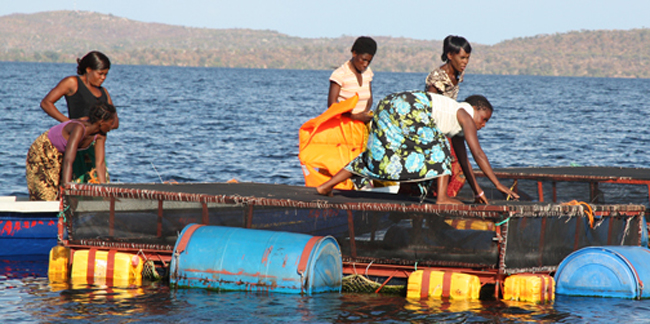As International Women’s Day is marked across the globe this weekend, we invite you to join us in celebrating women across Africa.
These include the hard-working farmers who are increasing their income on small farms, the entrepreneurial small-scale business women creating their own on and off-farm enterprises, and the dynamic women’s groups who are working together to improve their lives and those of their families.
Self Help Africa has examples of remarkable women doing remarkable things right across its programmes. And in virtually every instance these women will tell you that the money that they earn is being reinvested in family – in childrens’ education, in food, nutrition and health, and in creating new opportunity for a next generation.
Whether it’s a Malawian mum who bought new tin sheets for her house, the Ethiopian widow who funded her son’s college education, or the mother who bought her son a passport so he could could travel to find work; there are numerous stories to share, numerous women to celebrate.
Pictured above and featured in the accompanying video is a Zambian women’s group who have embarked on a fish farming venture on Lake Kariba to improve their fortunes.
You can read the full story of their efforts below, or check out the video clip to tell you more about their activities.
Self Help Africa is committed to supporting rural African women across our work. We know that women do much of the work on small African farms yet receive just a fraction of the support that is available. We also know that investing in Africa’s women holds the key to improving the economic circumstances of families and communities.
Join us on International Women’s Day this year to share in the achievements and celebrate the successes, and lend what support you can to allow us to continue this vital work throughout 2014.
LAKE KARIBA’S FISH FARMING ENTREPRENEURS
“We knew we wanted to do something to improve our lives. We just didn’t know what we could do.”
Agnes Ngosa sits in the shade of a banyan tree in Buyantashi village, on the shores of Lake Kariba in southern Zambia. “None of us farm here – the men fish, and the women sell the fish or maybe some small snacks – that’s it. Life is tough.”
The women of the village decided the first step out of poverty lay in pooling their meagre resources and Agnes, a 32-year-old mother of three, was chosen as chairwoman of the group. “We were 14 in total, all women, and we started paying about $1 a week each into the group, which was all we could really afford. And out of that, out of our organisation, eventually came the fish farming idea.”
Lake Kariba is the world’s largest artificial lake, sitting on border between Zambia and Zimbabwe. Fish stocks have dwindled in recent years, and families who rely on the lake for survival find it increasingly difficult to make ends meet. “There is commercial fish farming on the lake,” said Agnes, “and we asked why we couldn’t do the same thing. We would be smaller, but we know how to trade fish.”
Helped by a local non-profit organisation, the women’s group contacted Self Help Africa, asking for help to realise their dream. They needed training and access to capital. Twelve months later, they are about to harvest their first fish. “We had 9,000 fish fingerlings starting off, placed in two fish cages, and think we have about 7,500 fish now grown to nearly full size,” says Agnes. “In total, we think the harvest will sell for around $7,000 and, after costs, we hope to realise about $400 each in profits.
For families living in poverty, a $400 pay-off is enormous, but Agnes says the group won’t “cash-in” after harvest. “We have spoken about it and we are agreed. We will take a small payment, but we want to buy another fish cage or perhaps two. We want to invest in our business. We can build this – two harvests per cage each year, and many more cages.”
The women of Buyantashi village are also thinking outside their community. “If another village group comes to us, as we came to Self Help Africa, seeking our advice and support to set up a fish farm, we will help them. We agreed this from the start.”

